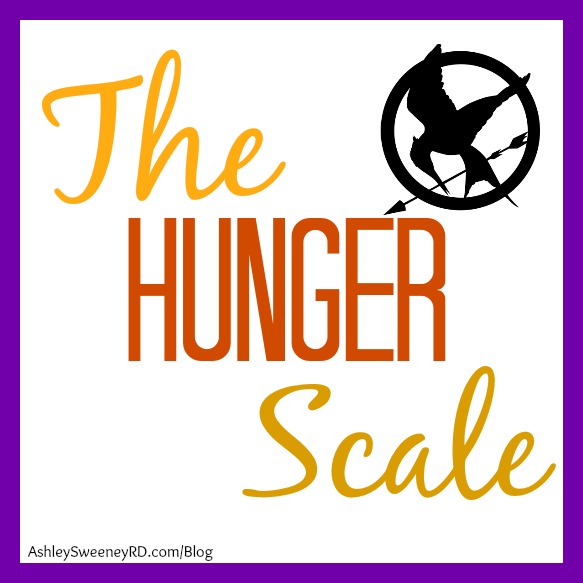The holidays are known for being a gluttonous event and time of year. Overeating every once in a while isn’t a big deal, it happens. Eating too much one day won’t make you gain weight, just like exercising for 4 hours in one day won’t make you super skinny.
The problem with overeating is when YOU know you are eating because you are stressed, anxious, lonely, bored, angry, or overwhelmed. A lot of those feelings come up during the holiday season and many people use food for comfort during this time.
Here are four reasons that many people eat past the point of being full:
1. You are deprived.
You have been “so good” lately not touching carbs because you kept them off limits. Then, you finally have a piece of pizza at the work party, and then on the way home you get French fries, and at home you continue to stuff yourself with carbs.
You started overeating because there was a sense of scarcity. You couldn’t have it before, and now you had it, and now you can’t stop.
Instead: No foods should be “bad” foods or foods that are off-limits. Instead, aim for the 80/20 rule. 80% of the time you follow a healthy meal plan with clean eating foods. 20% of the time, it’s okay to eat foods that aren’t as healthy for you. Moderation & portion control are key.
2. You are distracted.
When you are eating and you are distracted, you have a harder time seeing and feeling the signals of hunger and fullness. Distractions can be people, places, tv, computers, etc.
Instead: Be in the moment. When you are alone, remove distractions and slow down how fast you are eating. Listen to your body, are you really hungry for more? Use the hunger and fullness scale and try to never eat past a “7” on the scale. The more you practice this, the easier it will become.
3. You are stressed.
Many people use food to soothe or escape an emotional pain, but there isn’t any real hunger. Eating for emotional reasons makes it hard to distinguish any real satisfaction or fullness.
Instead: There are other coping mechanisms and stress relievers that are more effective than food. You just have to find what will work best for you. Some ideas include exercising, going for a walk, calling a friend, removing yourself from the situation (even for 2 minutes), prayer, meditation, journaling, reading or showering. Find what works for you.
4. You are in motion.
This goes with the “law or motion.” Something that is in motion stays in motion unless an external force is applied to it. When you are eating, YOU are that object that is set in motion. If you are doing something pleasurable, like eating, it takes a shift in direction to do something that is not pleasurable.
Instead: If you are eating and feel yourself on the verge of overeating, what is one small thing you can do to give yourself a sense of satisfaction and distract yourself from food? Brush and floss your teeth, cup of tea, take a shower, take a bath, put in piece of gum or strong mint. Do something small and satisfying for you to let your mouth know you are done eating.
Sometimes this takes changing your after-eating habits. Instead of reaching for sweets after you are done eating, what can you do to re-train your brain that “eating time” is over, and you need to shift activities?
Spend some time reflecting on your personal situation. What is causing you the most amount of stress? Are you using food to soothe or comfort yourself? What can you do instead of eating?
